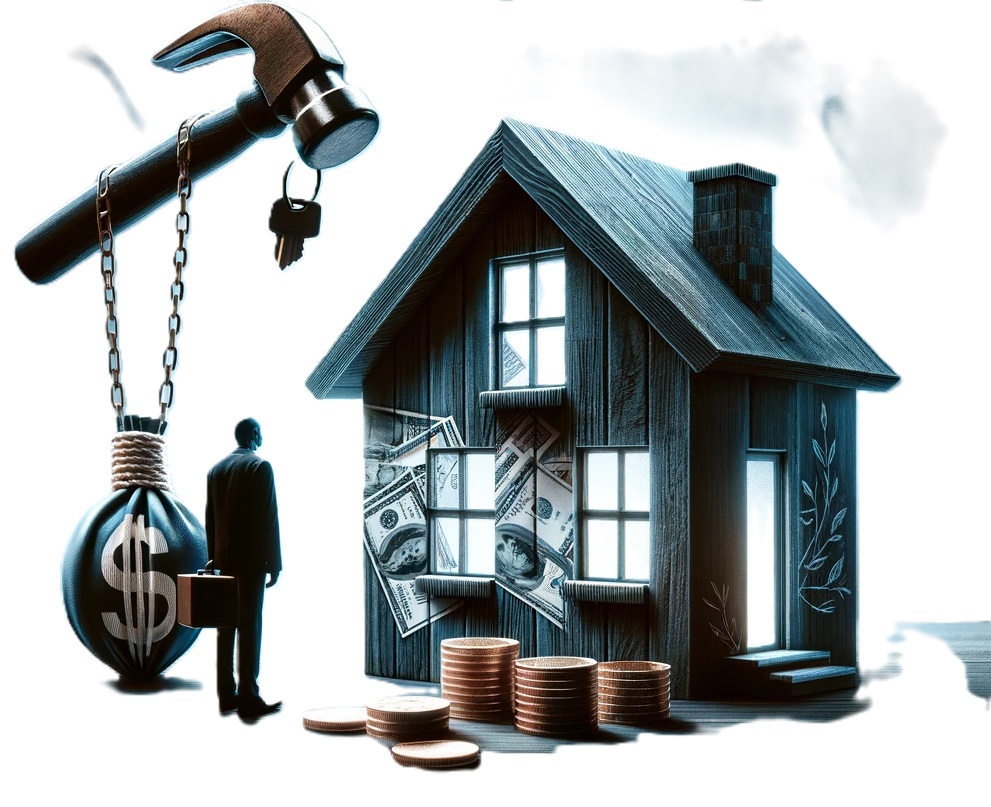
Getting a late rent notice is stressful, particularly if you don’t have the money available to pay your landlord. While it may seem like an eviction is inevitable if keeping up with your rent is proving difficult, that isn’t necessarily the case. There are things you can do to help avoid being told to leave the property. If you can’t pay your rent, here are some tips to stop an eviction worth trying.
Talk to Your Landlord or the Property Management Company
One of the first steps you should take if you’ve received a late rent notice – or even if you haven’t but know you’re going to be late with the rent – is to talk to your landlord or the property management company. Speaking with them directly gives you a chance to explain the situation, which is potentially wise if you’re experiencing a temporary hardship.
Your landlord or the property management company may be able to work with you during the short term, giving you the ability to get back on your feet and pay what you owe. For example, some may be able to arrange a payment plan for any past-due rent, allowing you to catch up over time. However, you’ll only know what’s available if you ask, which is why reaching out is worth considering.
Pay What You Can on Time (or as Soon as Possible)
Even if you can’t pay your rent in full on time, sending your landlord or the property management company what you can as soon as possible can help. This is especially true if you’re asking for a little leeway or want to explore options like payment plans to catch up on your rent. It’s considered an act of good faith, as you’re showing you want to pay your rent; you’re just having trouble making it happen.
Plus, paying what you can may help reduce any late fees you’ll owe. In many cases, late fees are based on the amount you haven’t paid, so paying what you can may lead to a smaller charge.
Look for Housing Assistance Programs (or Other Financial Assistance Options)
If you’re not sure where to turn, look for a HUD-approved housing counseling agency in your region. You can use the search tool on the US Consumer Financial Protection Bureau (CFPB) website as a starting point, though doing your research is also an option.
Alternatively, you can explore financial assistance programs that may help handle other household costs, allowing you to direct more of your income toward rent. For example, many areas have utility assistance to help low-income households pay for electricity, water, and more. You may be able to use a local food bank for groceries, allowing you to spend less on food. Essentially, programs like these may help free up room in your budget, giving you a way to catch up on your rent quickly.
Find Ways to Boost Your Income
If rent is going to be a continuing problem, then increasing your income might be your best bet. You could ask for a raise at your current job, get a second job, start a side hustle, or sell off items you don’t need to give yourself a quick cash boost.
If you’re open to an alternative approach, you could also explore getting a roommate who can split the cost of rent with you. Just make sure that bringing someone into the property won’t violate the lease or that you take proper steps to get the contract updated to add your roommate. That way, you’re still following the lease, making it easier to avoid eviction.
Look at Loans to Cover the Difference
As a last resort, you could see if you can qualify for a loan to get enough money to cover any back-due rent. Generally, this only works if you have a reasonable credit score and suitable income to show you’re trustworthy and can handle repayment.
However, this is usually an option you want to explore last. After all, it does involve taking on debt, and giving you another bill to handle every month. But if your financial situation is only going to be challenging for a little while and you’ll be back on your feet before the first payment (and next month’s rent) is due, it’s worth considering.
A similar option here would be to see if you can borrow the money from a family member or friend. Again, treat this as a last resort. Owing money to someone in your life can be awkward, and if you struggle to repay what you borrow, it can significantly harm the relationship. Still, it’s an avenue worth considering if you’re in a short-term bind, so keep it in mind.
Do you have any other tips that can help people facing a late rent notice or possible eviction? Did you manage to stop an eviction and want to tell others about your experience? Share your thoughts in the comments below.
Read More:
- When Are Manufactured Homes a Good Investment?
- Why Did I Buy That House? Home Buyer’s Remorse
- Penny Pinchers’ Paradise: The Crème de la Crème of Budget Planners
Tamila McDonald is a U.S. Army veteran with 20 years of service, including five years as a military financial advisor. After retiring from the Army, she spent eight years as an AFCPE-certified personal financial advisor for wounded warriors and their families. Now she writes about personal finance and benefits programs for numerous financial websites.
[…] post If You Can’t Pay Your Rent-Use These 6 Tips to Stop An Eviction appeared first on The Free Financial […]